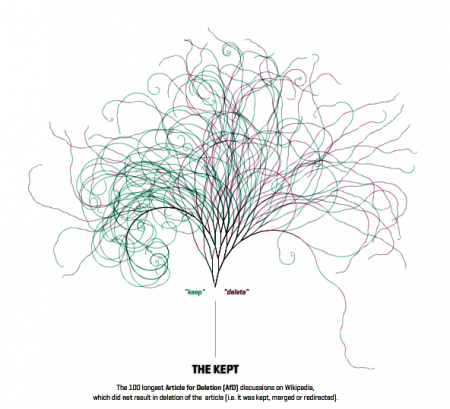No, not the three musketeers. These are the three things you need to persuade people: credibility, emotion and logic (Aristotle in On Rhetoric). EV, in a comment on my post on Critical Reading, pointed out an article called Classical Rhetoric, on the wonderfully named website, The Art of Manliness.
I’m trying to work this information into a lesson on Rhetoric, which, because of how closely they relate to adolescent development, the emergence of abstract thinking, and how we establish our place in the world, I’m hoping to stick into the Personal World curriculum.
To start with, here are my notes on Ethos:
Credibility (Ethos)
Credibility, the quality of being believable, depends on two things: the trustworthiness of the person, and their demonstrated knowledge of the issue at hand.
Character
We believe good men more fully and more readily than others. … his character may almost be called the most effective means of persuasion he possesses. – Aristotle
Credibility and strength of character count, even in the simplest of things. The answer to the question, “Did you take the last cookie?” will only be believed if the questioner trusts the person being asked to answer honestly.
Adolescents, who tend to be idealistic and opportunistic, need to pay close attention to the idea that history and reputation matter. They sometimes tend to view each individual encounter as it’s own separate event, unaffected by all the previous encounters and similar events. It is essential to recognize that this is not the case.
Credibility is most important because, although the cookie is a small thing, if you say, “No,” while the answer should be, “Yes,” then when the big questions come up, no matter how logical your arguments, you have no basis on which to persuade. Trust and character are hard to build, but easy to destroy.






